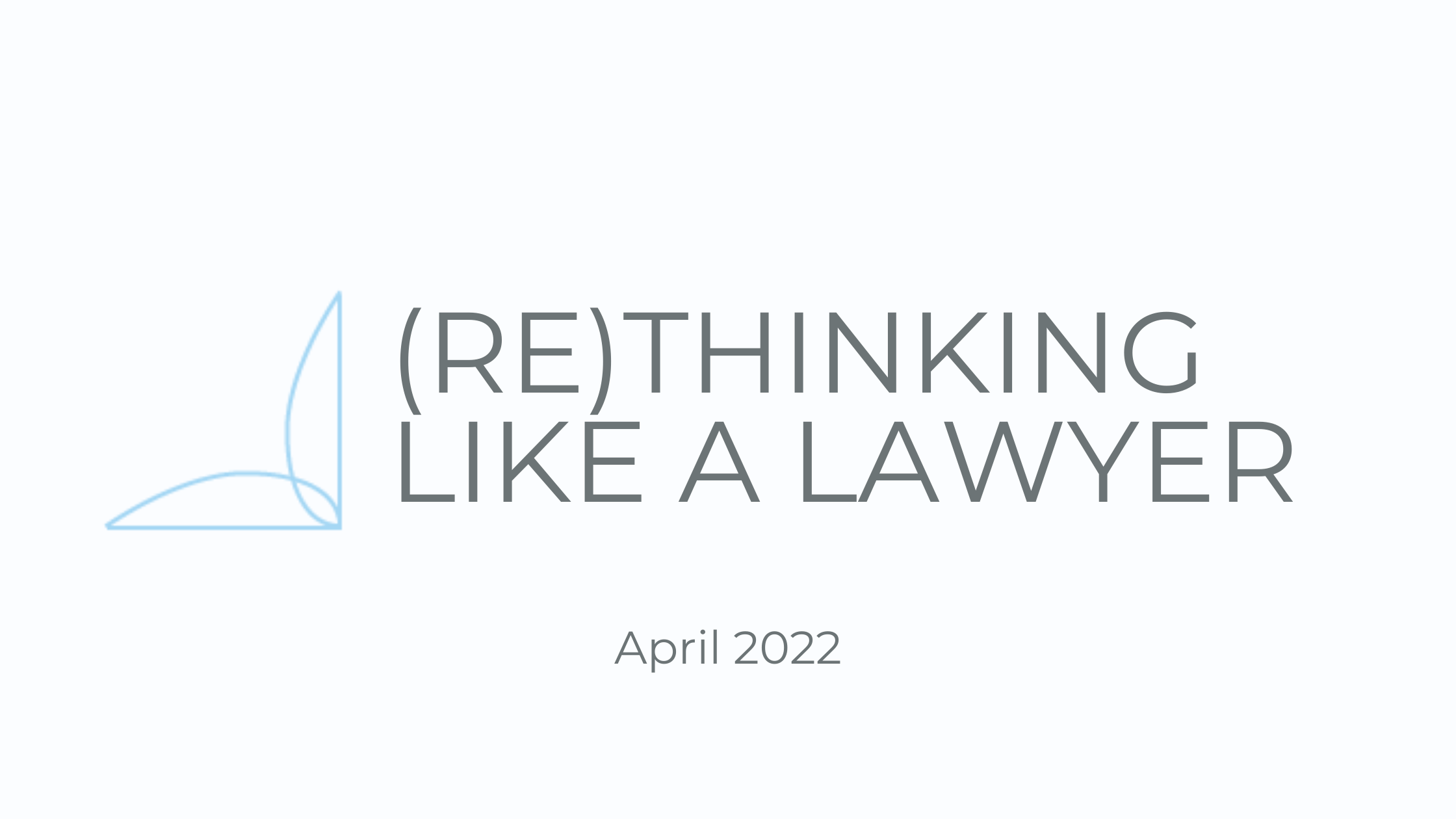Thinking About Time

Driven by Time
In many – if not most – law firms, an attorney’s value is measured in time. We often think of time in two ways – as something positive, “I had a great time,” or as something negative, “we’re out of time.” Either way, we are constantly admonished not to “waste” time. But what does that mean?
The Value of Quiet Time
As lawyers, we wear our frenetic pace and long hours as badges of honor. But just like athletes who need rest days, our minds need rest too, as this article from Harvard Business Review explains. Intentional silence is a catalyst for new ideas or new ways to think about old ones. Taking the time to “get beyond the noise” has many benefits:
- Makes room for creative thinking
- Absorb and appreciate different perspectives
- Adapt to complex and ever-changing environments
The authors also suggests ways that even the busiest of us can “cultivate periods of sustained quiet time”:
- Pause for five minutes between tasks to let yourself reflect on the moment
- Spend time in nature a la Henry David Thoreau
- You’ve heard this one before – turn off your email and social media for a few hours
Silence can help us be better lawyers too. Whether you are trying to convince a judge or jury, or reach a deal on the best terms for your client, lawyers excel at negotiations. This recent article explains that staying silent for even a mere three seconds can enhance your persuasiveness. You are perceived as more deliberate and thoughtful which makes it more likely you will get the result your client wants.
Meeting Time
Meetings – their value or lack thereof – has been a hot topic since the pandemic. Companies began implementing “no meeting” days and examining how we run meetings to make them efficient and purposeful.
From the title “Stop Wasting People’s Time with Meetings,” you may think this article is about getting rid of meetings. Instead, the author makes a case for leaders to think about their strategy for meetings and what role they want to play. The author provides some keys for leaders to consider:
- Encourage people to provide feedback on the agenda before the meeting
- Understand and explain how this meeting furthers specific goals and/or strategies
- The purpose of their participation in the meeting, e.g., facilitator, decision-maker, initiator or challenger
- Choose how they want to show up and manage themselves in the meeting – this takes a bit of self-reflection ahead of time
How you answer these questions isn’t a blanket strategy for all meetings; it is a decision that is made every time you are about to enter that conference room. The result – meetings that are purposeful, strategic, and productive.
Portions of this post first appeared in the April 2022 issue of (Re)Thinking Like a Lawyer. See it here.
